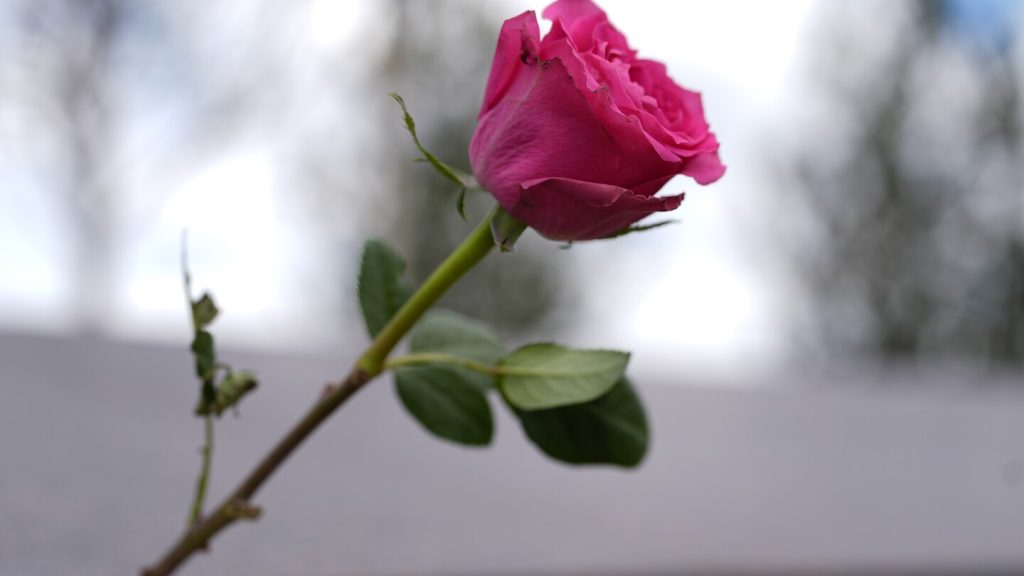Survivors of the Columbine High School shooting, which occurred 25 years ago, are still haunted by the trauma of that horrific day. Missy Mendo, who was 14 at the time of the shooting, continues to struggle with the aftermath of the event, particularly when other mass shootings occur, such as the one in Uvalde, Texas, in 2022. Many survivors of the Columbine shooting, like Mendo, have found it difficult to heal from the emotional scars left by the attack, leading to struggles with mental health, relationships, and daily tasks. The trauma of the Columbine shooting has continued to affect survivors in various ways over the years, with some experiencing insomnia, absenteeism, and other long-term consequences.
As the 25th anniversary of the Columbine shooting approaches, survivors, and members of the community plan to attend a candlelight vigil to honor the victims and reflect on the impact of the tragedy. The survivors have found support in groups like The Rebels Project, founded by other Columbine survivors, which offers a space for individuals to share their experiences and seek help. The long-term effects of school shootings, as studied by researchers, have been linked to academic struggles, reduced earning potential, and ongoing mental health challenges for survivors. The toll of these tragedies extends beyond the immediate loss of life and can have lasting repercussions.
Since the Columbine shooting, there have been almost 600 mass killings in which four or more people have died, with more than 80% of the victims being killed by firearms. The frequency of these incidents has left a mark on hundreds of thousands of people exposed to school shootings, causing persistent trauma and reduced potential in survivors. Over the years, Columbine survivors, like Heather Martin and Kiki Leyba, have learned to cope with their experiences and offer support to others who have been through similar tragedies. Martin, a co-founder of The Rebels Project, has found strength in helping others and taking control of her own healing journey.
For Leyba, who was diagnosed with post-traumatic stress disorder after the shooting, finding ways to cope, such as therapy, meditation, and anti-depressants, has been crucial in his recovery process. The 25 years since the Columbine shooting have given survivors time to understand their trauma and develop strategies for managing it. These individuals have turned their pain into a source of resilience and compassion, reaching out to other survivors and advocating for solutions to gun violence. Despite the ongoing challenges they face, Columbine survivors continue to support each other and work towards creating a safer future for their children and communities.


